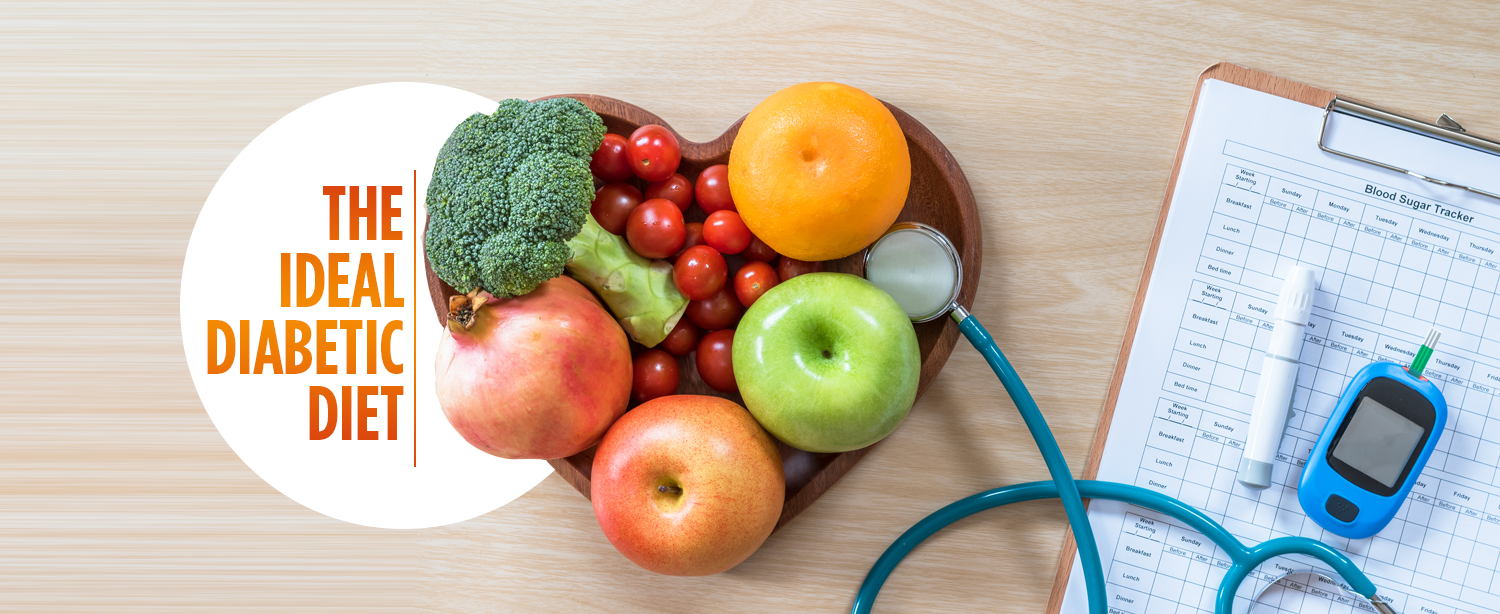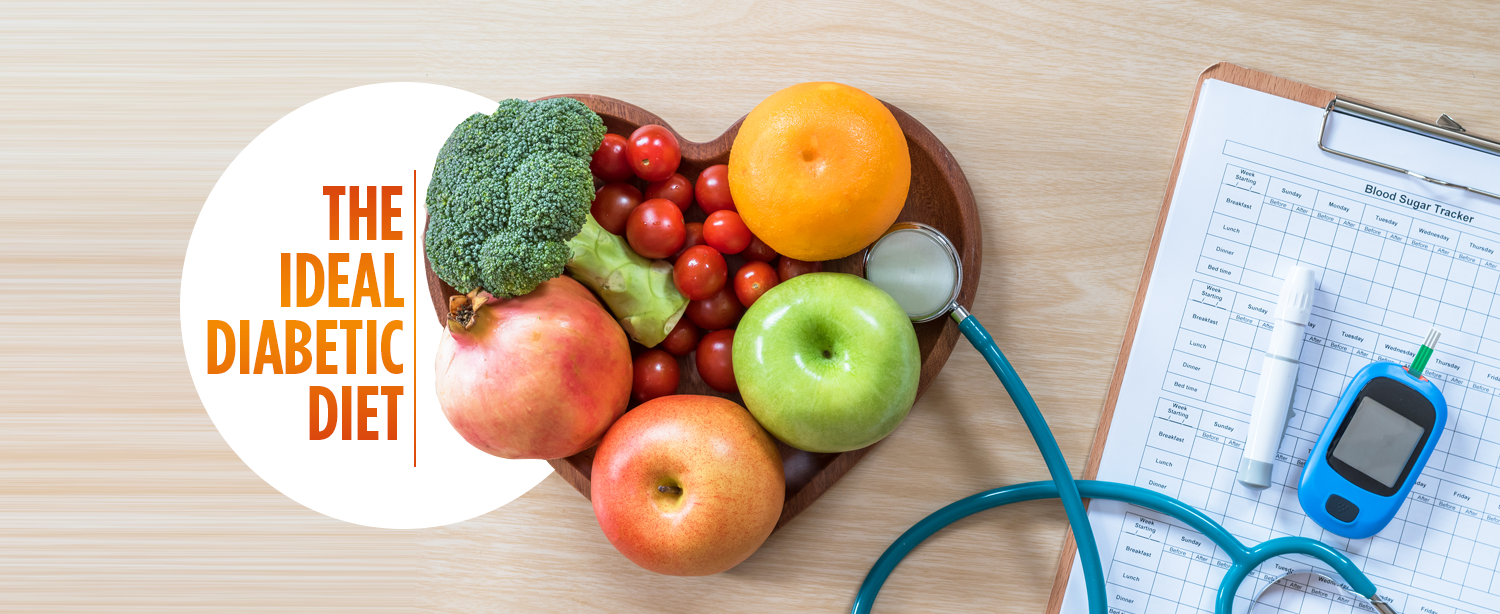
Insulin Resistance Mediterranean Diet: All You Need To Know.
diet
The dietary control of insulin resistance is the subject of a lot of interest and research at the moment because it is now known that insulin resistance is implicated in many different illnesses, such as Type 2 diabetes, Alzheimer's disease, and polycystic ovarian syndrome.
BENEFITS OF THE MEDITERRANEAN DIET
mediterranean diet
Diets that are low in carbohydrates and fat have been demonstrated to help promote weight loss; however, these diets are frequently unpopular due to their emphasis on what foods should be avoided. The counsel to reduce one's weight is commonly received with apprehension. Seventy-three percent1 of patients with a BMI of over 30 have attempted to reduce weight in the last ten years, and data reveals that those who attempt to lose weight have tried, on average, over seven times2 to do so. In point of fact, research studies that are adequately conducted demonstrate that even if patients successfully reduce weight, they often recover most of the weight lost within a year.
A focus on the quality of one's diet and the items that should be included, as opposed to one that is minimal in carbohydrates or fat, is frequently more enticing. Strong evidence is that following a Mediterranean diet can lower HbA1c levels and increase insulin sensitivity. Even if you don't limit your kilojoules or the number of carbohydrates you eat, adopting a Mediterranean diet will still improve your hemoglobin A1c, bringing it down from an average of 7.1% to 6.8%3, and it can cut your risk of type 2 diabetes by 35%4.
MECHANISMS OF THE MEDITERRANEAN DIET
mediterranean diet
However, many factors can cause insulin resistance; research has shown that persistent inflammation at low levels is a significant contributor5. It is generally accepted that the traditional Mediterranean diet's anti-inflammatory properties are responsible for its beneficial effects on health. Many traditional diets are suitable for this category; nevertheless, they all share the characteristic of being high in antioxidants, particularly vitamins A, C, and E, as well as polyphenols and carotenoids.
A diet rich in fiber not only controls the rate at which blood glucose levels rise but also causes the production of short-chain fatty acids in the large intestine. These acids, once absorbed, have an anti-inflammatory effect on the body.
Last but not least, it would appear that a high concentration of omega-3 fatty acids and monounsaturated fats, such as those found in seafood, almonds, olive oil, and avocados, can further lower inflammation6,7.
However, the PREDIMED trial includes a basic 14-item validated questionnaire of adherence (see Box 1), which gives a quick checklist to go through during the consultation. Although there is no certain definition of "The Mediterranean diet," the PREDIMED trial does use this questionnaire. Although much of the content is pretty standard for recommendations on healthy eating, such as reducing the consumption of animal fats, red meat, soft drinks, and sweets, the book also offers suggestions on what foods should be consumed in its place.
A list of items patients should avoid eating can be discouraging for them, but they are grateful for advice about what foods they should consume more. They are willing to think that practically all foods have been labeled as "unhealthy," and they are unconcerned by the recommendation that they increase their consumption of foods such as fruit, nuts, and olive oil. Including these delectable items in the plan has been shown to boost compliance. Patient comment after following the Mediterranean diet has shown that participants generally felt the diet to be easy to follow, with good quantities of variety, and that the concept of the "Mediterranean" diet was appealing8. This feedback was gathered after people adopted the diet.
REMOVING BARRIERS TO ADOPTING THE MEDITERRANEAN DIET
barrier
For some people, the word "diet" may be intimidating since it conjures up images of deprivation and shunning great food as part of the process. The Mediterranean diet could be more easily accepted if it were presented as part of a Mediterranean lifestyle. This would have the added benefit of highlighting the significance of engaging in enjoyable physical activity regularly throughout the day and maintaining meaningful relationships. In addition, having regular blood tests that show biochemical improvement could make one feel more motivated.
The following are some of the factors that have been proven to be useful in encouraging people to adopt a Mediterranean diet:
- A conviction that optimal nutrition will improve health.
- The degree to which they believe the diet to be enjoyable.
- Having good nutrition knowledge and food skills.
- Having support from the family, and regularly receiving individualized dietary input from a professional.
Patients could benefit from going to a cooking class with a member of their family in order to further increase their knowledge, as well as their motivation and acceptance of their condition. Patients whose health is damaged by insulin resistance and who need extra guidance and support with dietary counseling may benefit from being referred to a nutritionist.
Box 1. PREDIMED validated diet questionnaire and advice for use (in italics). The PREDIMED study was a randomized controlled experiment that compared a conventional low-fat diet to a Mediterranean diet that included almonds or olive oil as a dietary supplement. A score of 10 or higher indicates a satisfactory level of adherence.
mediterranean diet
| Questions | Criteria for 1 point |
| 1. Do you typically cook with olive oil as your primary source of fat? | Yes |
| 2. On average, how much olive oil do you consume daily (this includes oil used for cooking, salad dressings, meals eaten away from home, and so on)? | 4tbsp |
| 3. How many portions of veggies do you eat in a day (one portion is considered to be 200 grams, and side dishes are considered to be half a portion)? | 2 |
| 4. How many fruit units (including natural fruit juices) do you consume every day? | 3 |
| 5. On average, how many portions of red meat, hamburger, or other meat products (such as ham, sausage, etc.) do you consume in a single day? (1 serving: 100-150g) | <1 |
| 6. How many individual servings of butter, cream, or margarine do you consume on a daily basis? (1 serving: 12g) *The effects of olive oil spread on one's health have not been thoroughly investigated. | <1 |
| 7. During a typical day, how many sugary or carbonated beverages do you consume? *not including 100% fruit juice | <1 |
| 8. How much wine do you drink every week? * The traditional Mediterranean diet calls for one to two glasses of red wine daily to be consumed with meals; the health benefits associated with this practice appear to result from the interaction between polyphenols and alcohol. | 7-14 glasses |
| 9. During a typical week, how many portions of beans do you consume? (1 serving: 150g) ? | 3 |
| 10. During a typical week, how many portions of fish and shellfish do you consume? (for one dish, choose between 100 and 150 grams of fish or 200 grams of shellfish)? | 3 |
| 11. How often a week do you consume sweets or pastries purchased from a store rather than ones you make yourself, such as cakes, cookies, biscuits, or custard? | <3 |
| 12. During a typical week, how many servings of nuts (including peanuts) do you consume? (1 serve 30g) ? | 3 |
| 13. Do you eat chicken, turkey, or rabbit meat over veal, hog, hamburger, or sausage more often than other red meat? *lean cuts of pig or red meat It has been demonstrated that eating out three to four times per week has minimal effect on the efficiency of the diet. | Yes |
| 14. How many times do you eat vegetables, pasta, rice, or other foods seasoned with sofrito (a sauce made with tomato, onion, leek, or garlic and is cooked with olive oil) a week? | 2 |








